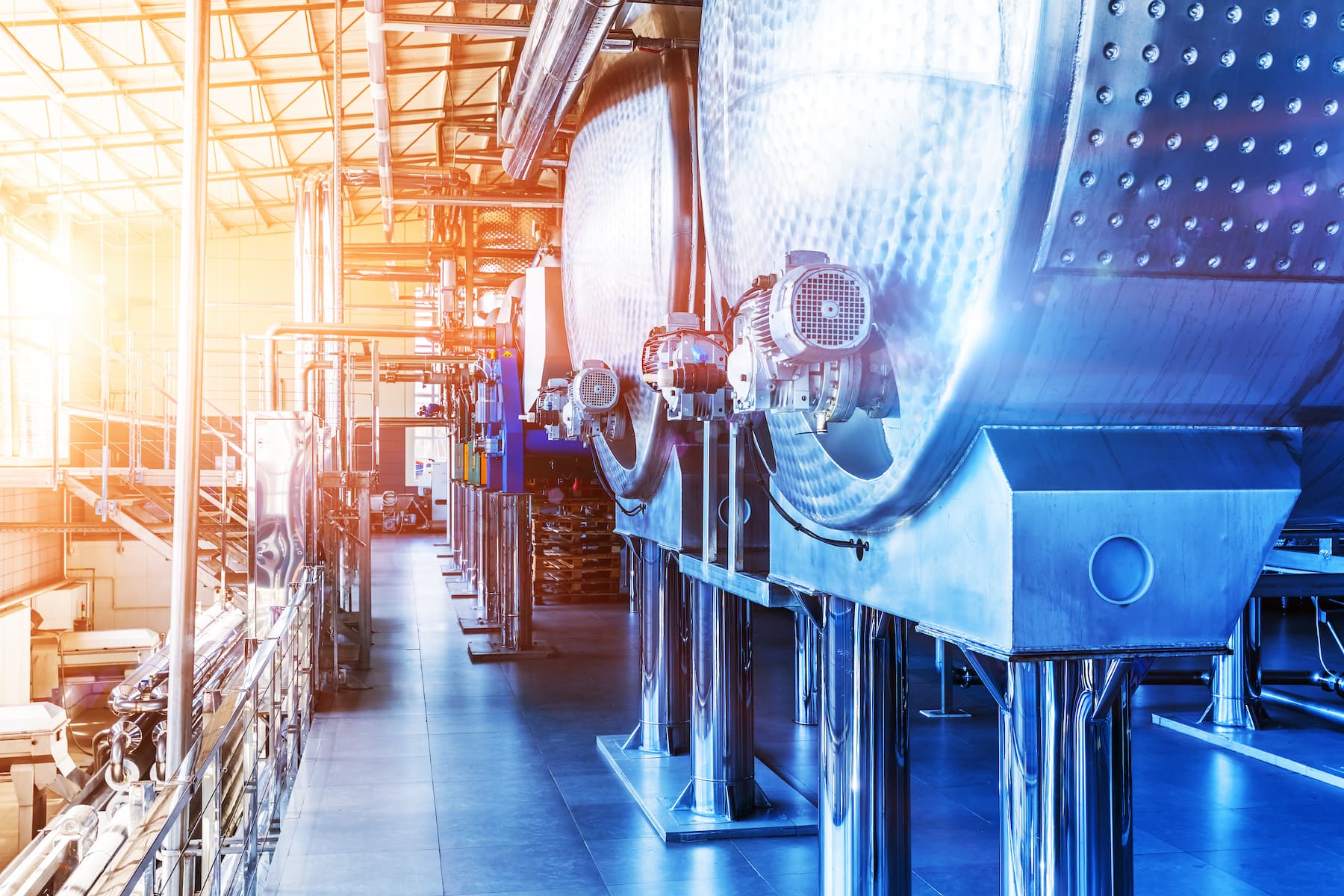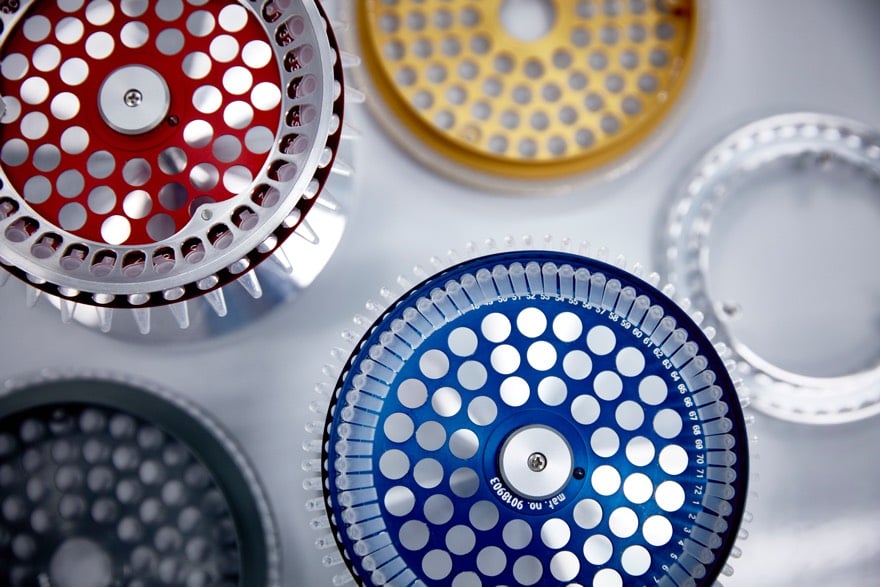Engineer Alex Oskam
life sciences

life sciences
Alex can tell you. Whether we realize it or not, a lot of work went into our last antibiotic or glass of milk. From food to medicine, Alex makes sure vital products are designed correctly and safely. As an experienced engineer, he’s freelanced through Brunel for multiple projects. After working for Dutch dairy giant FrieslandCampina, he’s now taken a role with global pharmaceutical company MSD. Here, he gives a deep dive on engineering for design and automation, the differences between the food and pharmaceutical industries, where he sees the industries heading, and more.


Go to vacancies
“MSD is the biggest pharmaceutical company in the Netherlands, so it's an interesting role. I'm currently a Design Engineer Automation (DEA), also known as Lead Automation Engineer at other places. For MSD this is focused on following regulations — that's why they call it design. My daily activities are more about designing and checking designs of software than the actual creation of software; that’s a bit how it works in pharmaceutics.
In other types of industries, they’re much more pragmatic — a high level design before software creation would be sufficient, but at pharmaceutical companies, it's actually the other way around — you have to make a solid design specification first and afterwards check if the software is built exactly as it was written in the design. The design and approval process take around 80% of your time, and the other 20% is actually creating something.
It doesn’t really compare with other types of industries. It feels more like a governmental function, where we have to follow all kinds of regulations. You really have to struggle with compliance, but at a technical pace.”
“MSD is currently expanding their production capacity and will need an additional production line for a certain product. They're drawing up their requirements and looking for a supplier that can design something pharmaceutically compliant — most machine manufacturers are not used to the level of documentation and compliance needed. We’re also working with pharmaceutical suppliers — it's a bit of a separate world, to be honest. My task is to check the design from the suppliers and guide them so they can make it exactly how MSD needs it.
You have, for example, a laptop. The supplier says, ‘It has a keyboard and a screen.’ Then we will ask, ‘Okay, what can go wrong? Is the user allowed to change the time settings? Did you back everything up properly? Is the schedule correct? How can we know if this part is not working?’ It's really about challenging the design of the supplier.”
“Both attention to detail and a helicopter view. You have to oversee the full situation, so it's a combination of both. Also an IT / technical automation background — the PLC, SCADA, DCS world — this matches with my method by design engineer automation background. I also find it useful that I've done programming in the past, including for pharmaceutical machines, so I can also understand the supplier’s point of view.
What often happens is that the supplier will say, ‘You're asking me this, but I have no way to meet your requirements.’ And I can make the bridge and say, ‘Okay, but how about this technical solution? This is available; I’ve done this in the past.’ So I can also go into the depths of it with the supplier to help them solve it."
“If you go from some other industry into the medical / pharmaceutical industry, you may struggle with the level of compliance and documentation needed before you actually can create something. If you look at the food and beverage industry where FrieslandCampina is, you have to spend maybe 20% on your design and 80% on the actual work, and for pharmaceutics it’s the other way around. If you are used to just building and moving forward, you may struggle entering pharmaceutics — you cannot go ahead until you first write specifications to convince people that what you’re doing is right and you’re not missing anything.
It's a different mindset. For pharmaceutics, everything is targeted towards quality — this is because the patient and financial risks are both very high. When I look at this level of compliance, I'm convinced that it’s needed. It can sometimes feel a bit over the top, but it’s really important, and I support it. I don’t see it as a burden.
In the food industry, for example, if they have a few thousand litres of milk, they can take a sample and they say, ‘This tank of milk is all okay, so we can sell this and assume that every milk carton is probably okay.’ But in pharmaceutics, they really must know that each and every product is good.”
“After catching up with email, our first daily meeting will start. They’re following the Kaizen method and have adopted tiered structure meetings, where your small project group has a daily meeting, and if something is not working properly or if you're seeing any risks, it can be escalated to a higher level meeting.
After that, it depends on the day — you have discussions with the supplier; you're trying to check the design or prepare documents for the supplier or machine you're working on. This will evolve when the machine is ready into a more physical way of working where we'll test if the machines are actually working according to specifications. That’s what we are preparing for. Once the machine is ready and shipped to us, I will challenge it with our documents to see if it all matches.”
“It's quite a dynamic function. Days are never the same, and we’re really developing the project as a team. I'm responsible for automation; somebody else is responsible for the electrical part; you have the mechanical part, the pharmaceutical specialists — it's really one team with one goal.”
“If I look at 10 years back when I started at pharmaceutical companies, you can really see that the level of compliance is growing. There are much more requirements to be met, making it more complex to design a system and get it up and running. We also hear about country regulations that are getting more and more strict. In Japan, for example, If a box of 100 products has one leaflet missing, this is seen as a big error — and if you do this three to four times, you may not be allowed to deliver products in Japan anymore. It's also where the food industry is heading, because at FrieslandCampina, you have the exact same discussions. They are also delivering worldwide and could receive complaints like, ‘If this milk powder looks slightly more yellow than the previous time, it is unacceptable.’”
“I really like working with my Brunel contact, Thijs, so that’s a personal factor. And I think what really distinguishes Brunel from competitors is when you say you’re working for Brunel, people already assume that you come from a certain high level of competence. If you say ‘I’m here through Brunel,’ they have a higher expectation of you. You could say that Brunel stands for quality and competence. Everything that’s been arranged through Brunel — contracts, invoices, financial — has gone really fluidly. It’s the combination of a good quality company for me and also the company where I’m placed. It’s a company that you trust.
And if I want to look for a different assignment in the future, Brunel is the first one I’m going to call. I have no reason to look somewhere else. That's also quite meaningful. I’m really happy.”
Connecting Specialists to Pioneering Projects